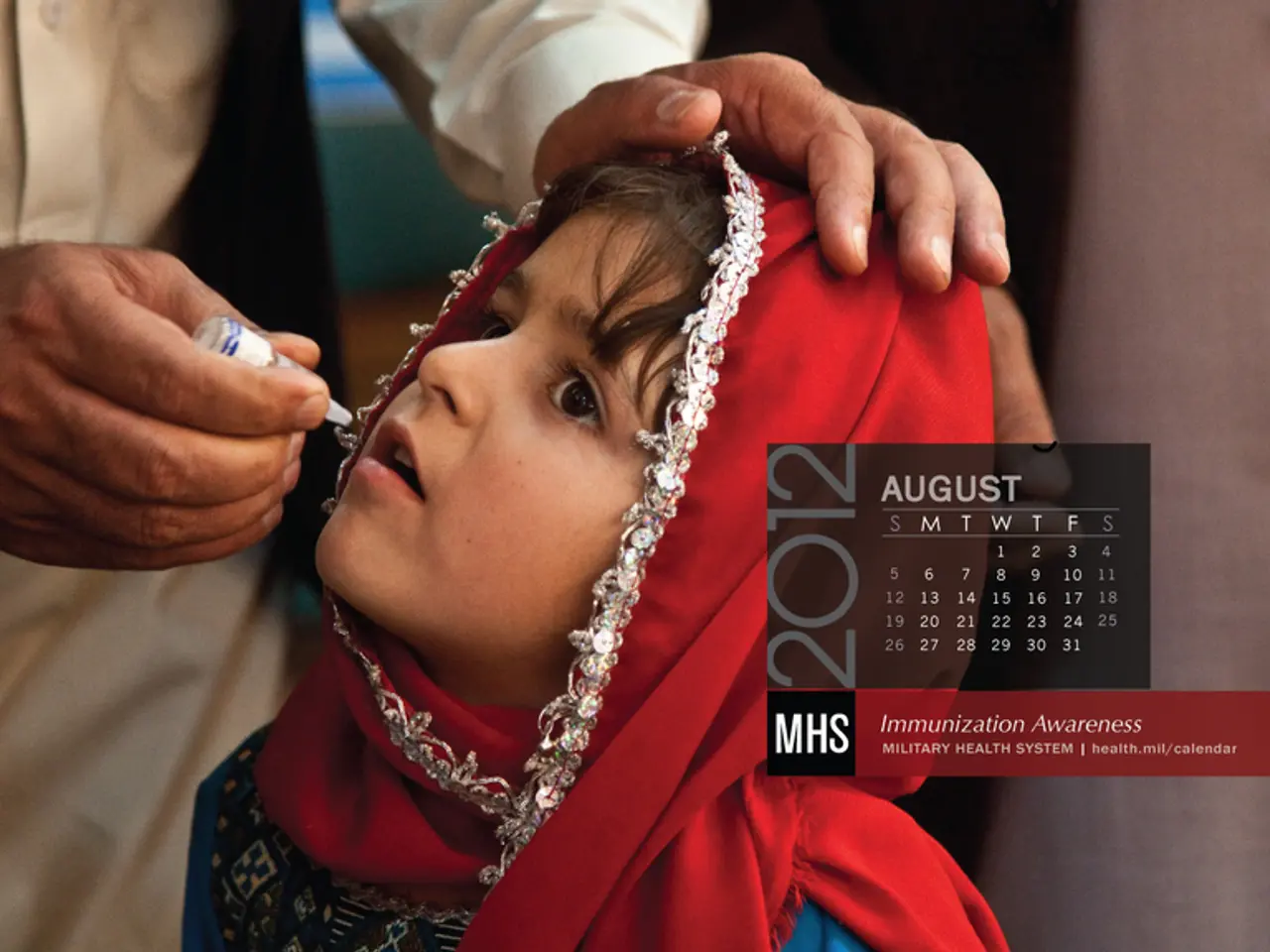Union of workers at the Centers for Disease Control and Prevention (CDC) decries the spread of inaccurate information about vaccines, following an incident where a shooter attributed their depression to COVID-19 vaccines.
In a shocking incident, a Georgia man named Patrick Joseph White opened fire on the U.S. Centers for Disease Control and Prevention (CDC) headquarters in Atlanta, firing over 180 times with a long gun. The attack left bullet marks in windows across the sprawling campus and over 500 shell casings were recovered.
White's neighbor, Nancy Hoalst, reported that he had spoken with her multiple times about his distrust of COVID-19 vaccines and believed they were hurting him and others. This distrust appears to have been a driving force behind the shooting, as documents recovered by authorities expressed the shooter's discontent with the COVID-19 vaccinations.
The history of anti-vaccine rhetoric dates back to at least the late 19th century, with groups like the National Anti-Vaccination League in the UK and the Anti-Vaccination League of America opposing compulsory vaccination laws and spreading misinformation about vaccine safety. Notable figures such as Arthur Phelps and Charles M. Higgins led early anti-vaccine campaigns that attempted to overturn public health vaccination mandates.
A major milestone in anti-vaccine rhetoric was the 1998 publication of Andrew Wakefield's now-retracted and fraudulent study falsely linking the MMR vaccine to autism. Despite thorough investigations proving no causal relationship between vaccines and autism, this misinformation severely damaged public trust, lowered vaccination rates, and put children at risk worldwide.
In recent years, anti-vaccine rhetoric has been propelled by figures like Robert F. Kennedy Jr., who transformed conspiracy theories into political action and influenced American vaccine policy. Kennedy has amplified the rhetoric, repeatedly making false and misleading statements about the safety of immunizations.
The shooting resulted in the death of a police officer named David Rose. White tried to gain entry into the CDC complex but was stopped by guards before driving to a pharmacy across the street and opening fire. Authorities recovered documents and electronic devices at the family's suburban Atlanta home that are being analyzed.
White's father contacted police and identified his son as the possible shooter, stating that White was upset over the death of his dog and became fixated on the COVID-19 vaccine. White broke into his father's gun safe to obtain a firearm used in the attack.
The attack has sparked condemnation from various quarters, with Fired But Fighting, a group of laid-off CDC employees, accusing HHS Secretary Robert F. Kennedy Jr. of villainizing the workforce through his continuous lies about science and vaccine safety. The American Federation of Government Employees, Local 2883, has called for a clear and unequivocal stance from federal officials in condemning vaccine disinformation.
Public health leaders have been experiencing harassment and violence around the country since anti-vaccine vitriol took root during the pandemic. This incident underscores how anti-vaccine rhetoric, with roots over a century old, has evolved into a potent force undermining public health, particularly evident during the COVID-19 pandemic.
- The reimagined workforce at the federal workforce, specifically those at the Centers for Disease Control and Prevention (CDC), have faced increased harassment and violence due to anti-vaccine rhetoric, particularly during the COVID-19 pandemic.
- The shooting at the CDC headquarters in Atlanta can be linked to the longstanding anti-vaccine movement, dating back to the late 19th century, as the shooter expressed discontent with COVID-19 vaccinations.
- Science, health-and-wellness, and mental-health issues have been at the forefront of political debates, with figures like Robert F. Kennedy Jr. using conspiracy theories to influence American vaccine policy.
- The general-news landscape has been marked by the impact of the anti-vaccine movement on crime-and-justice, as the shooting at the CDC headquarters highlights the potential danger posed by this movement when distrust and misinformation collide.




